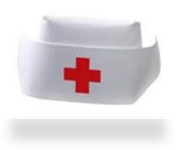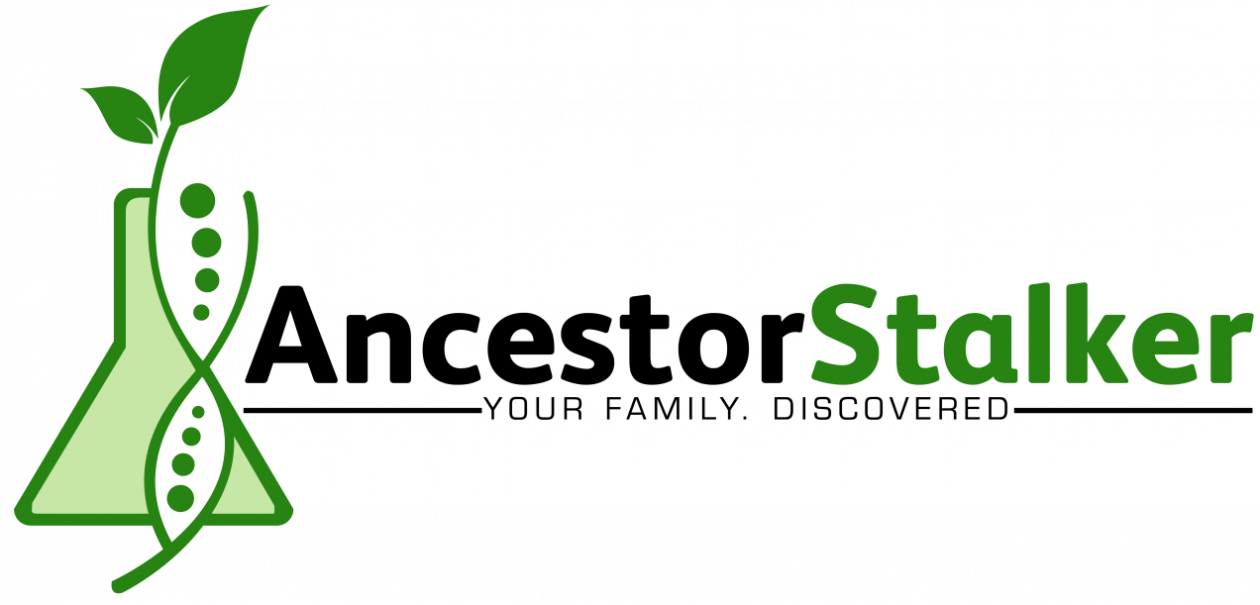Real-World Implications
Discovering your family heritage is one thing, but have you ever wondered what you can do with all of the data you can potentially amass regarding your family? What gift can you give your children before you pass?
I document my family tree on a weekly basis, sometimes filling in gaps while other times solidifying a particular branch. When you research your family, you should not think in terms of your surname or maiden name. You are the sum of your tree’s branches. Autosomal DNA will inform you of this explicitly. Take a look at this great informational video to grasp how your DNA is created from your ancestors:
With the aforementioned video in mind, you can see why your family doctor asks you during your visit if you have a history of disease or other issue in your family. While you can take over-the-counter or DTC (Direct to Consumer) DNA tests to indicate whether or not you have a possible link to a particular disease or complication, another approach may afford more accurate results.

If you are serious about your genealogical research, death records are a must. Each one (at least in more recent years) should have a cause of death – usually with one or more contributing causes as well. Maintain a spreadsheet/document and you can see explicitly what your ancestors died of. Given, some will have died by accident, influenza, “natural causes” and the like. You will also find earlier stated causes of death archaic due to the immense leaps in medicine over the centuries…while other terms may need to be researched.

As an example, from all of the documentation I’ve obtained on my family, 33% of all deaths were due to heart or circulatory conditions; 12% from influenza; 7% had kidney issues; 7% cancer (various); 3% diabetes. It should be noted that every medical issue that an ancestor has is NOT in the death certificate, so they may have also had other undocumented conditions…but it does give a rough estimate.
Another interesting item you can mine from death records is the lifespan of your ancestors. An idea of what you can glean:

